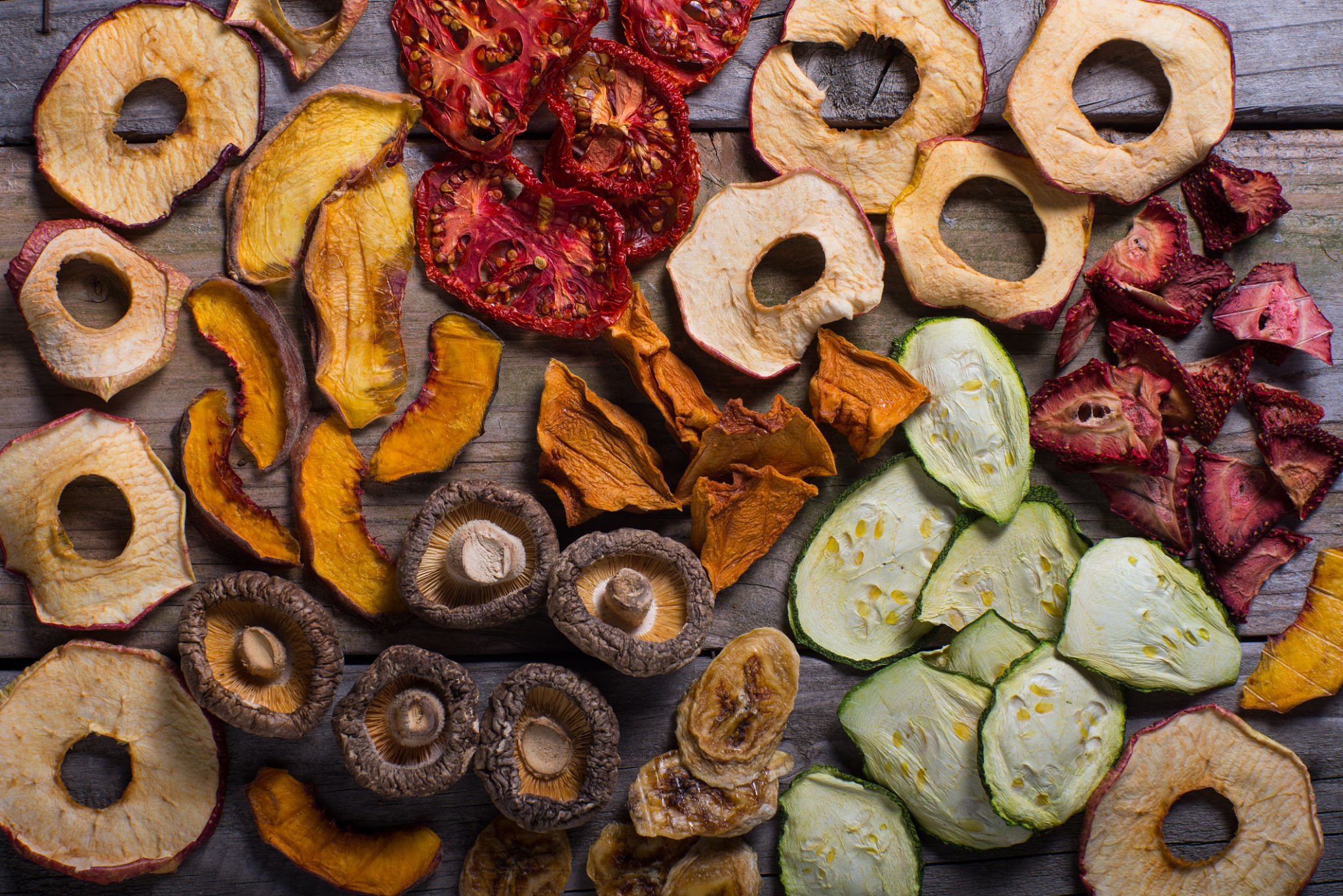Exploring the Rising Trend of Dehydrated Foods in Germany: A Cultural Fusion
Introduction to Dehydrated Foods in Germany
Germany, a nation celebrated for its rich culinary traditions, is experiencing a fascinating shift in its food landscape. The rise of dehydrated foods is not only reshaping dietary habits but also blending diverse cultural influences. This trend is driven by the need for convenience, sustainability, and a growing interest in global cuisines.
Dehydrated foods, once primarily associated with camping and emergency supplies, are now making their way into mainstream German households. These foods offer a practical solution to busy lifestyles, providing nutritious meals without compromising on taste or quality.

The Convenience Factor
In today's fast-paced world, convenience is king. German consumers are increasingly turning to dehydrated foods for their ease of preparation and long shelf life. These products are ideal for those who lead hectic lives but still want to maintain a healthy diet.
Dehydrated meals require minimal preparation—often just the addition of water—and can be ready in minutes. This convenience makes them an attractive option for families, students, and professionals alike. Moreover, the extended shelf life of dehydrated foods reduces the frequency of shopping trips and minimizes food waste.
Sustainability and Waste Reduction
Sustainability is a core concern for many Germans, and dehydrated foods offer an eco-friendly alternative to traditional food products. By removing moisture, these foods weigh less and take up less space, reducing transportation emissions and packaging waste. Additionally, the prolonged shelf life helps consumers avoid spoilage and cut down on food waste.

Cultural Influences and Fusion
The rise of dehydrated foods in Germany is also a testament to the nation's openness to cultural fusion. As global travel and multiculturalism increase, so does the desire to explore international flavors. Dehydrated foods offer an accessible way to experience diverse cuisines from the comfort of home.
From Thai curries to Mexican chilis, dehydrated meals allow German consumers to enjoy a world of flavors with ease. This culinary exploration is fostering a deeper appreciation for different cultures while expanding the German palate.
Health and Nutrition
Another driving factor behind the popularity of dehydrated foods is their nutritional value. When properly prepared, these foods retain most of their vitamins and minerals, offering a healthy alternative to processed convenience foods.
Moreover, many manufacturers are focusing on producing organic and additive-free dehydrated products, catering to health-conscious consumers who prioritize quality ingredients.

The Future of Dehydrated Foods in Germany
As the trend continues to grow, the future of dehydrated foods in Germany looks promising. With advancements in technology and increasing consumer demand for sustainable and convenient options, the market is set to expand further.
Innovations in dehydration techniques are likely to enhance the flavor and nutritional profile of these foods, making them even more appealing to German consumers. As awareness grows, so too will the variety and availability of dehydrated products in supermarkets across the country.
In conclusion, the rise of dehydrated foods in Germany is more than just a trend—it's a cultural movement that reflects changing lifestyles and values. With convenience, sustainability, and global flavors at its core, this culinary revolution is here to stay.
